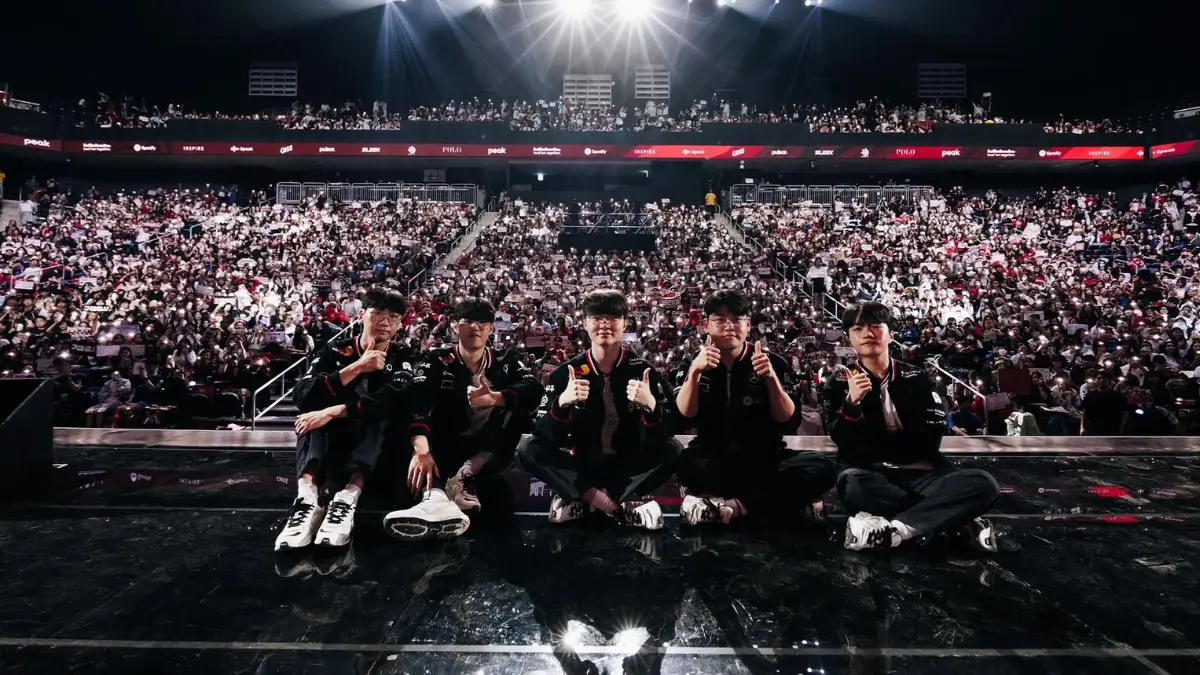The League of Legends Champions Korea (LCK) finals are heading to national television. For the first time in years, South Korea’s premier esports competition will air live on a major terrestrial TV network, marking a huge moment for competitive gaming in the country.
This isn’t just another cable broadcast. While channels like OGN and SPOTV carried Korean League of Legends for years, those required paid subscriptions. Terrestrial TV means free-to-air coverage that reaches every household in South Korea. It’s the difference between ESPN and ABC—one needs cable, the other just needs an antenna.
The move signals how far esports has come in Korea. Back in the early 2000s, StarCraft dominated cable networks and turned pro gamers into household names. Then came the streaming era, where most esports moved online to platforms like Twitch and YouTube. Now, the LCK is making its triumphant return to traditional television.
Details remain scarce. The specific broadcaster hasn’t been announced yet—it could be KBS, MBC, SBS, or another major network. We don’t know if they’ll show the entire broadcast from opening ceremony to trophy lift, or just the matches themselves. The deal’s length and whether this becomes a regular occurrence also remain mysteries.
But the timing makes sense. Korean esports has been gaining mainstream attention lately. The Asian Games featured esports as medal events, with matches airing on national TV. Players like T1’s Faker have become genuine celebrities, recognized on the street and featured in mainstream commercials.
Trading Twitch chat for TV remotes
The broadcast could introduce League of Legends to an entirely new audience. Parents and grandparents who’ve never opened Twitch might tune in out of curiosity. Casual viewers channel-surfing on a weekend could stumble upon the finals and stick around for the spectacle.
For the LCK and its sponsors, terrestrial TV opens doors to mainstream advertisers who might have overlooked esports. Car companies, banks, and consumer brands that traditionally buy TV spots during sports broadcasts could see the finals as a chance to reach younger viewers through a familiar medium. The production will likely adapt too, with commercial breaks between games and sponsor segments that fit traditional TV formats.

